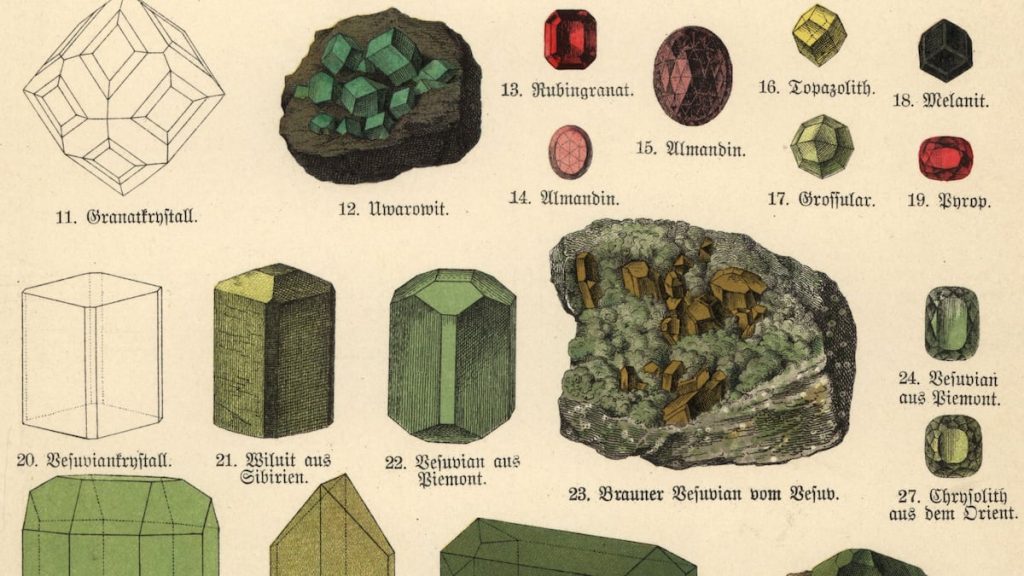Estibalitz Ukar, a geologist, discussed the potential of “green rocks” rich in Magnesium and Iron, for capturing atmospheric carbon, obtaining hydrogen, and extracting critical minerals. Her interest in geology began in high school, fascinated by natural disasters. Despite family skepticism, she pursued her passion for understanding the Earth, studying in Spain and the US. She was drawn to the beauty and processes of rocks formed at great depths and was captivated by the stories they tell.
Ukar’s research on green rocks, particularly listvenites, led to a project utilizing natural fractures in carbonate-rich rocks to extract valuable metals. By introducing carbon into these rocks, hydrogen can also be generated, contributing to the growing interest in natural hydrogen sources. This process, known as serpentinization, offers a more environmentally friendly method for mining critical minerals, reducing costs and environmental impact. The urgency to develop sustainable extraction methods is evident in the need for minerals in various industries.
While discussing her cautious approach to deep-sea mining and the importance of studying and understanding the potential consequences, Ukar emphasizes the need to prioritize environmental protection. She advocates for responsible mining practices that prioritize the preservation of marine ecosystems. By promoting the reprocessing of waste materials to recover valuable metals and improving onshore mining techniques, Ukar and her colleagues are working towards a more sustainable mineral extraction industry. They are beginning a pilot project in Canada to test carbon injection in ultramafic rocks.
The mineral revolution led by scientists like Ukar offers hope for a more sustainable future. While it is not a solution to the complex ecological crises we face, the dedication and innovation of researchers like Ukar inspire optimism. Encouraging young people to explore the wonders of geology and commit to protecting the Earth’s resources is key to addressing the challenges of our time. By staying informed and supporting endeavors like Ukar’s, we can work towards a more environmentally viable future. The journey of rocks, from the depths of the earth to the surface, holds valuable lessons for our understanding of the planet and our potential to create positive change.


